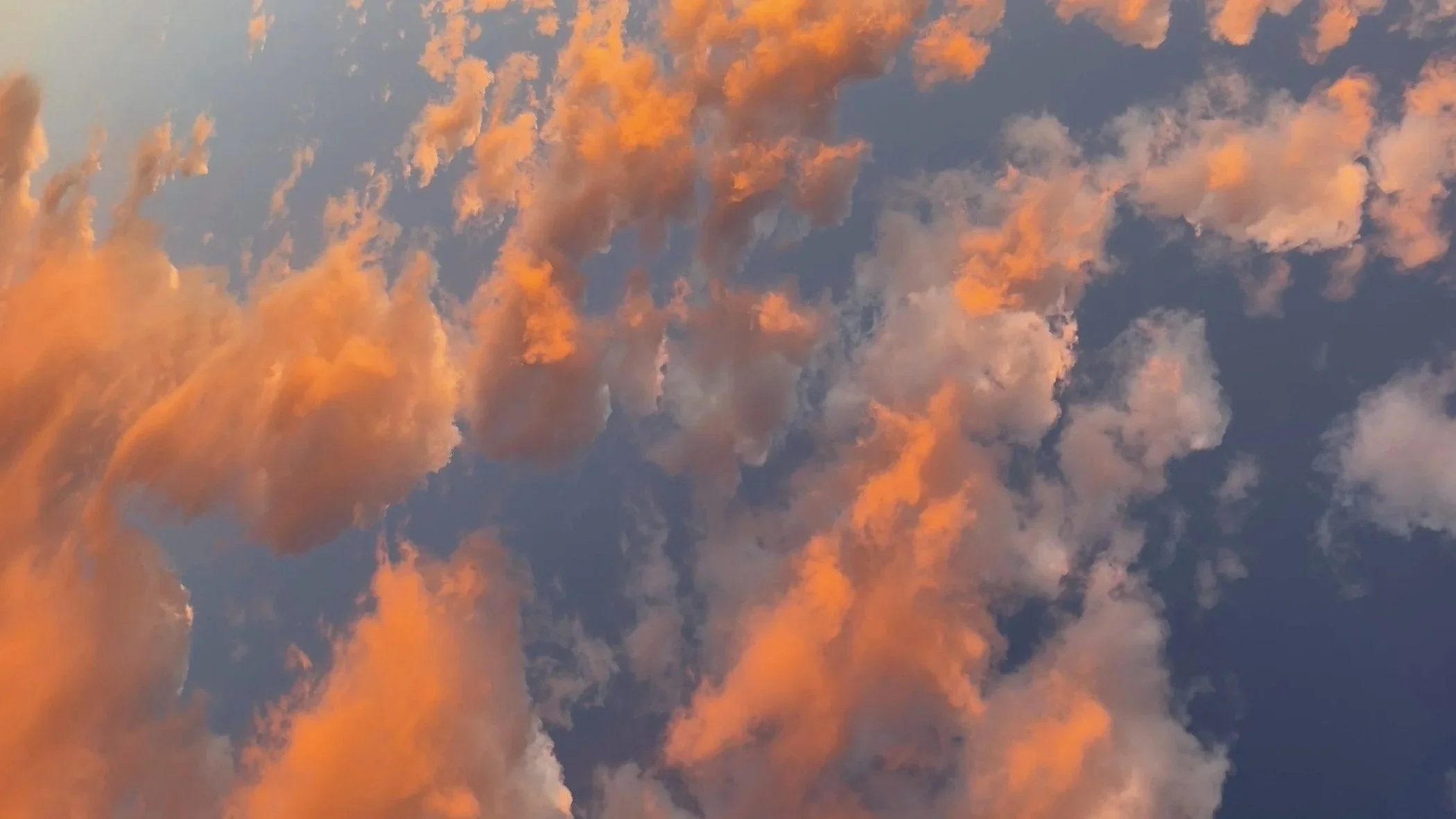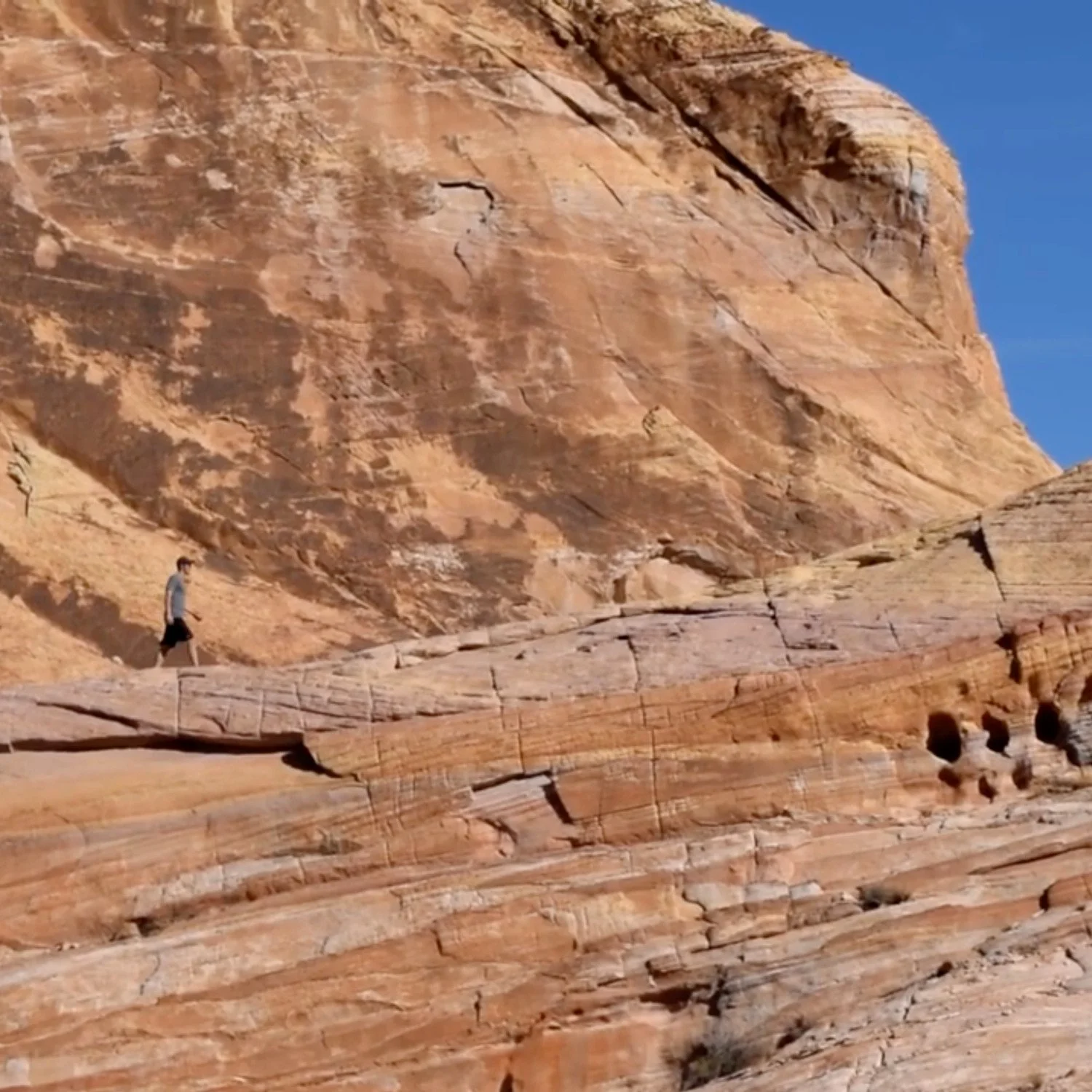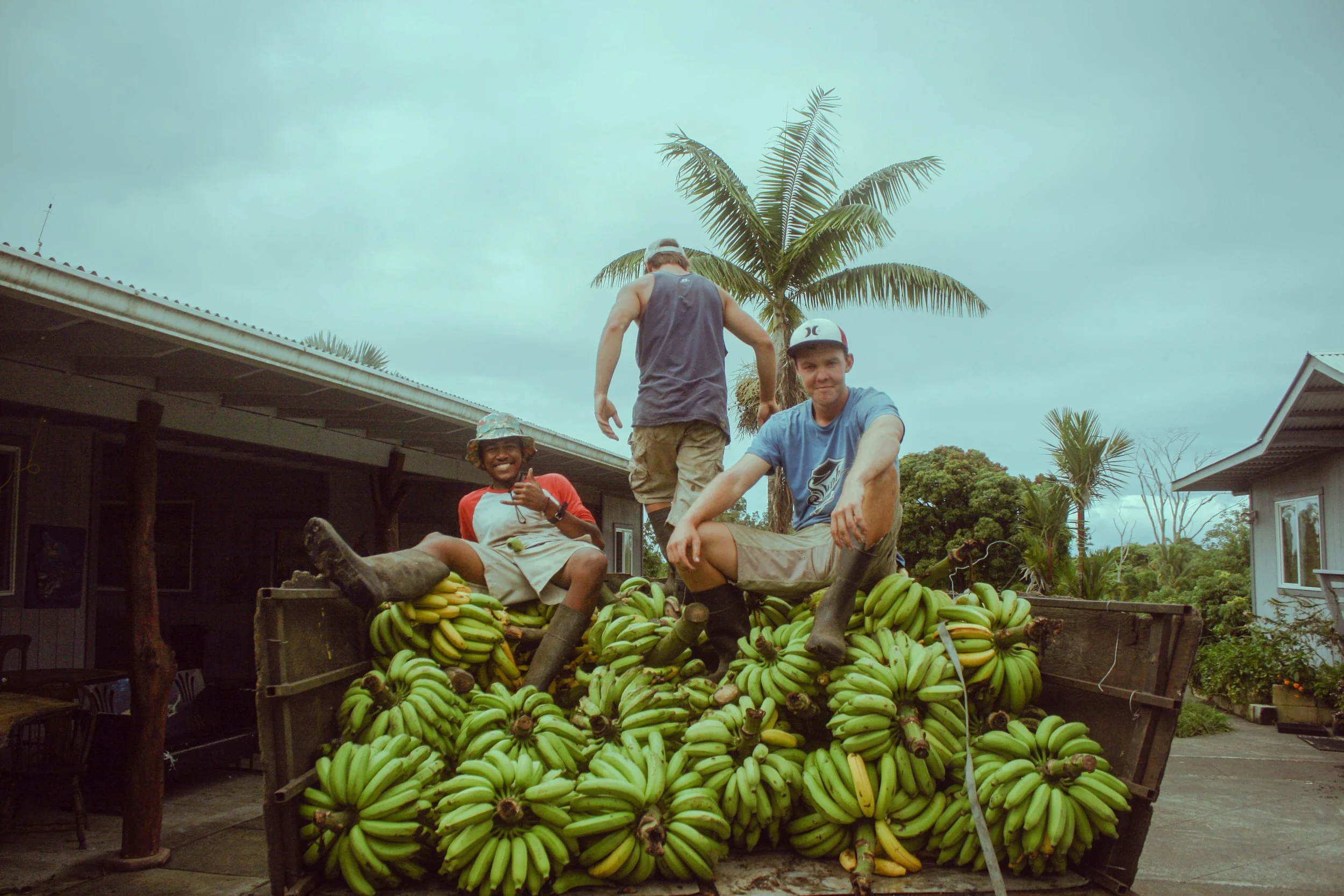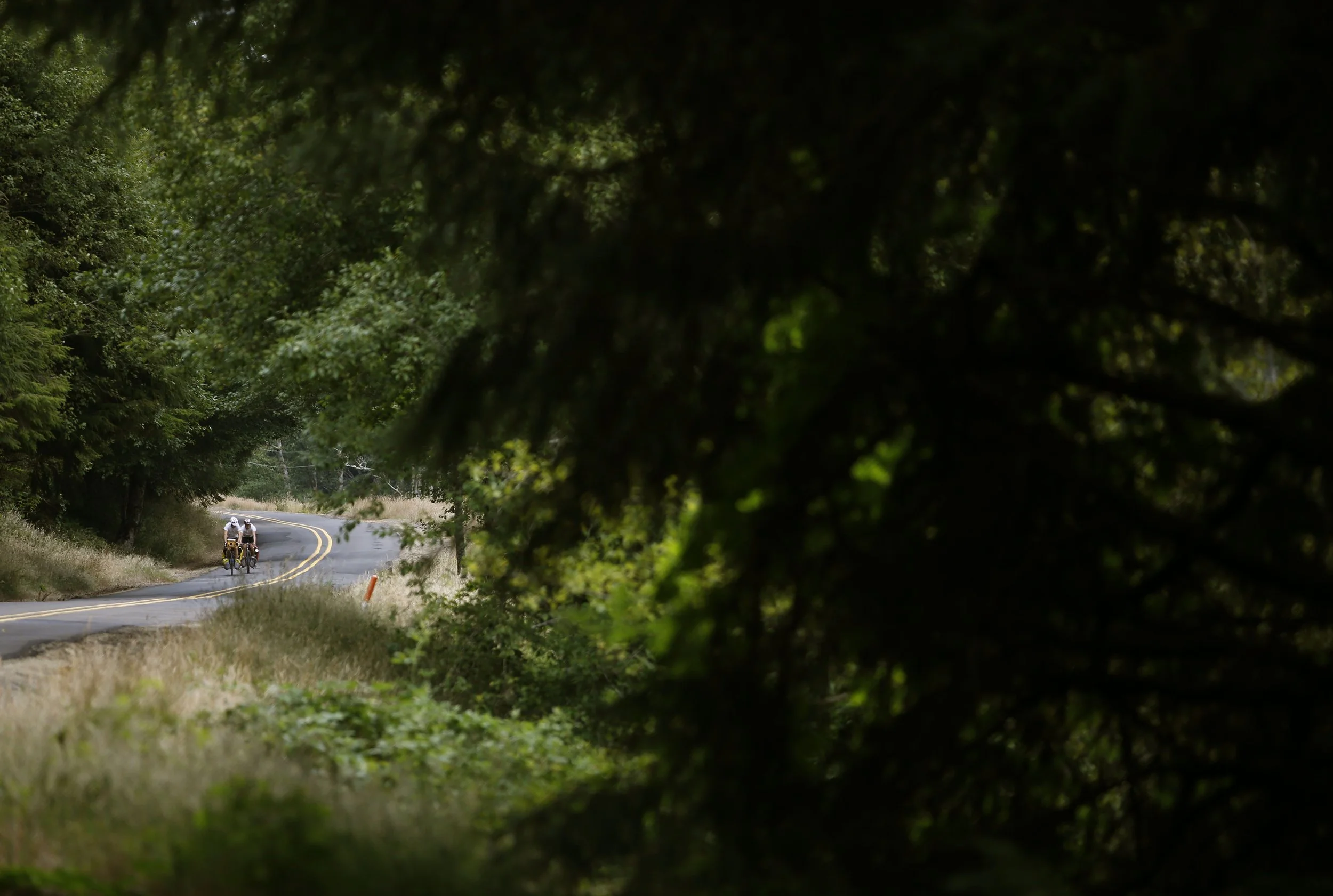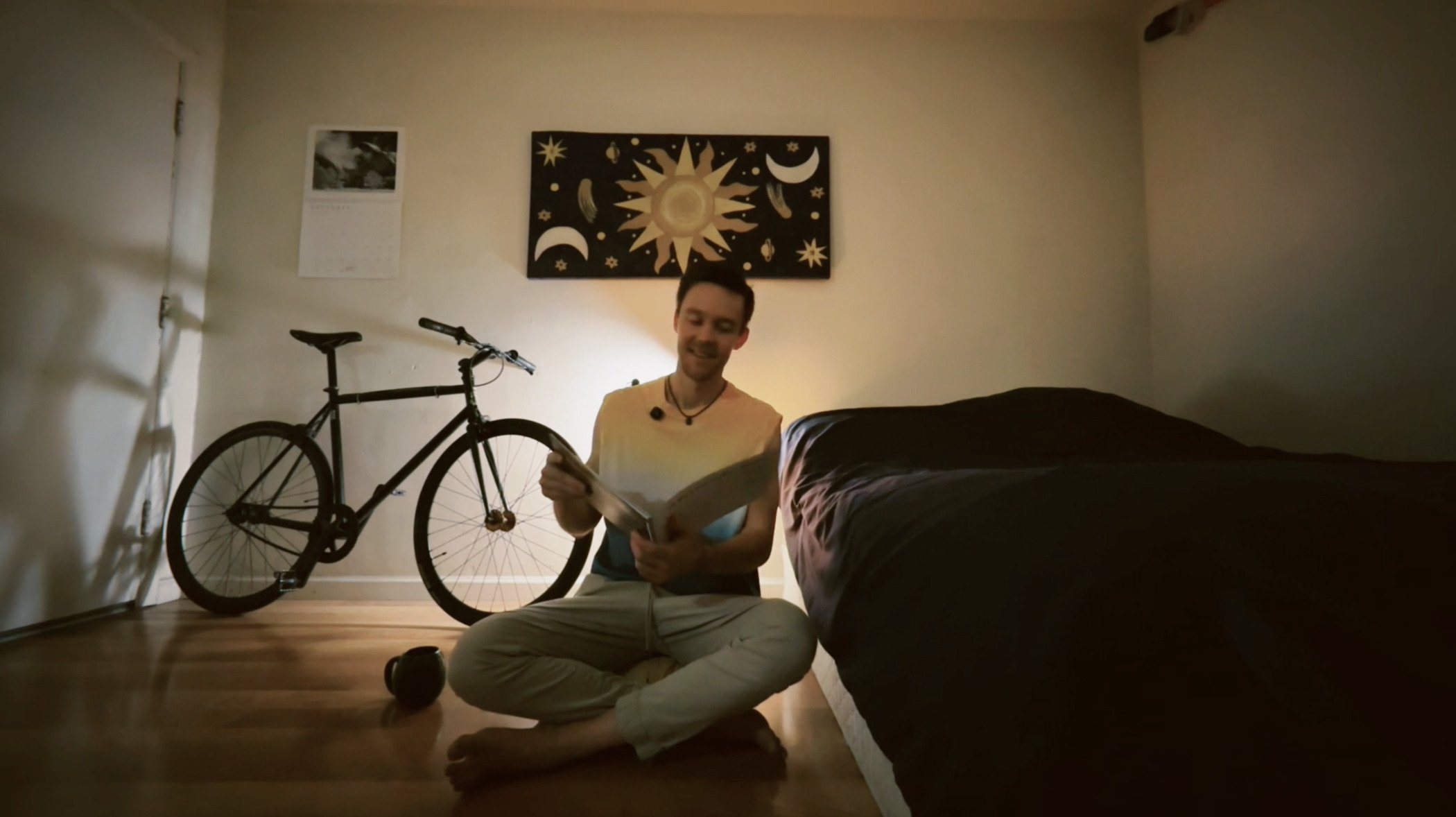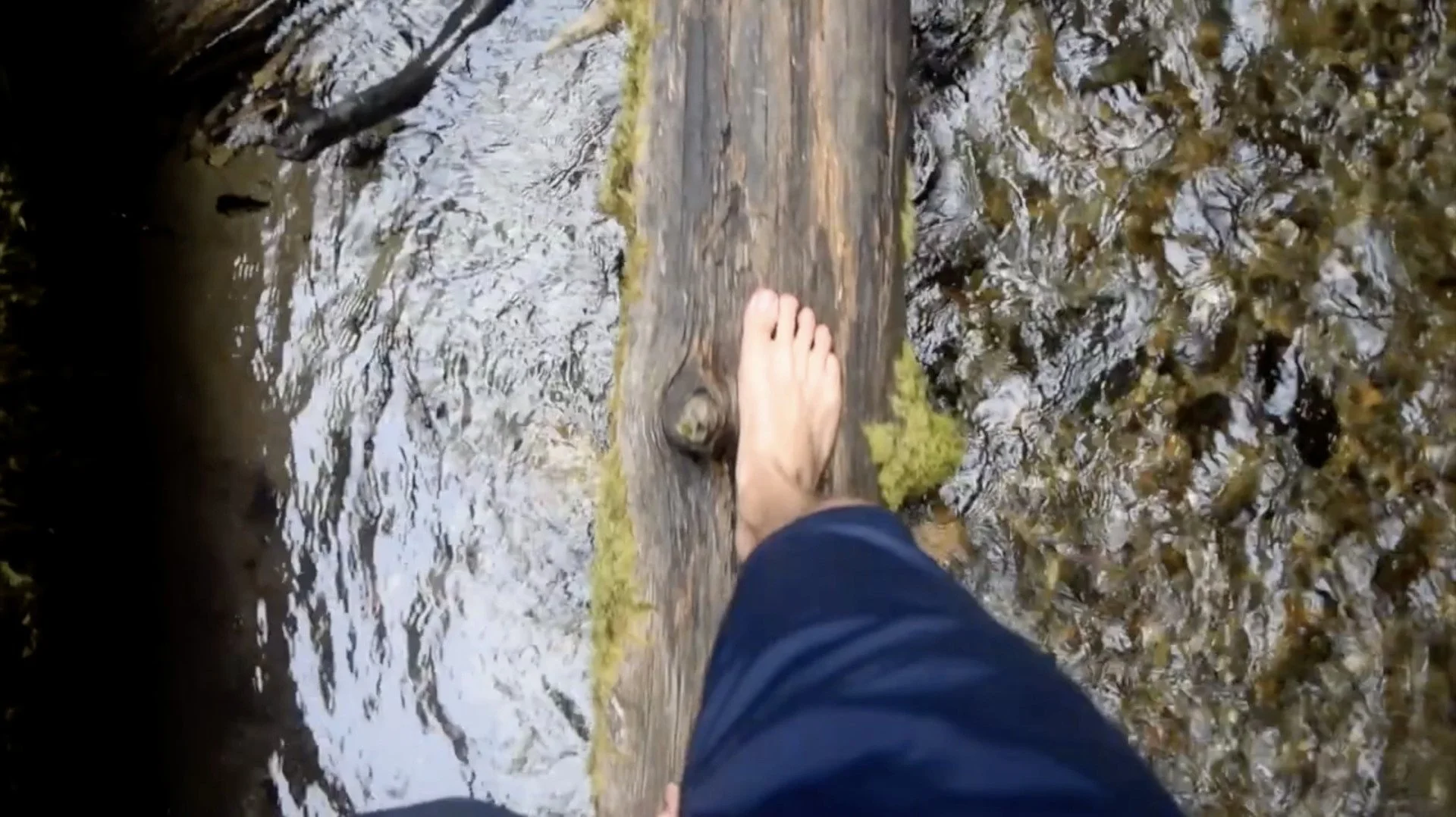
Explorations in Deliberate Living
+
Field Notes on Travel, Philosophy, and Being
17 Ideas
17 Ideas
Download the digital edition of my new “philosophical coffee table book,” 17 Ideas That Changed My Life:
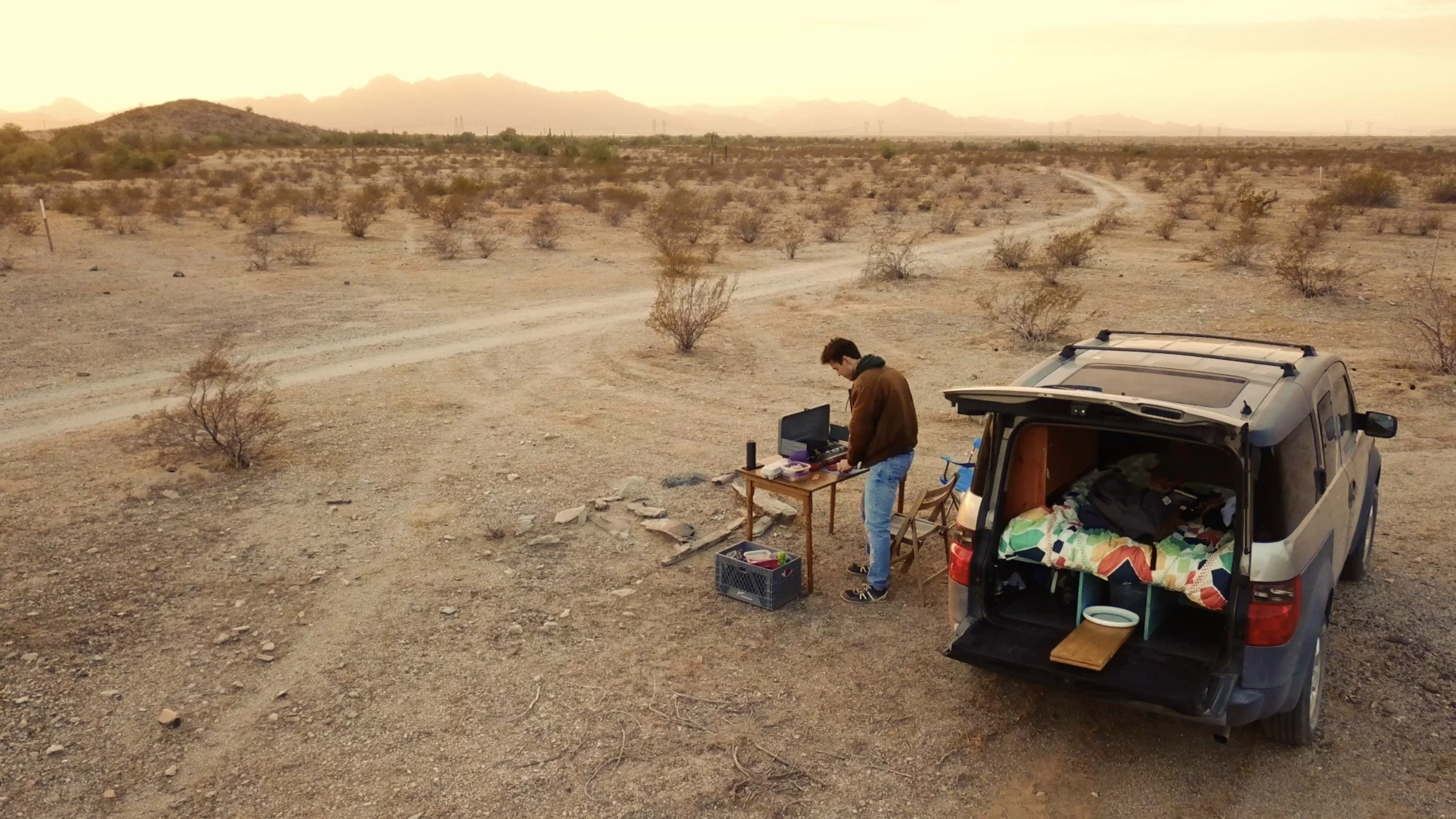
About
Hey! I’m Ethan, an everyday explorer, philosopher, and mystic —turning travel, lived experience, and timeless wisdom into wider and deeper ways of life than consumer culture offers.
All-Time Favorites:
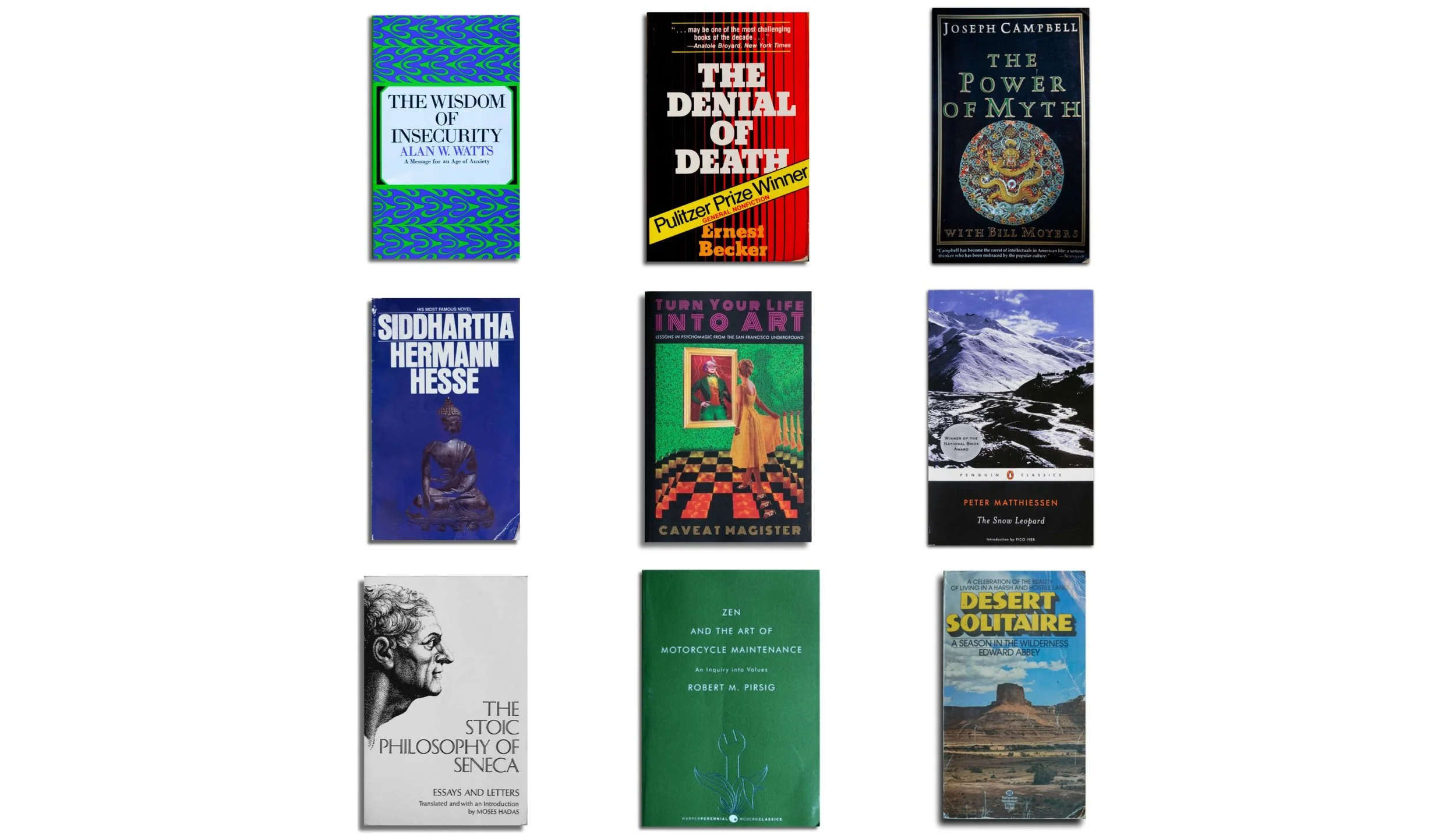
Quotes from the Bookshelf:
Recent Articles
